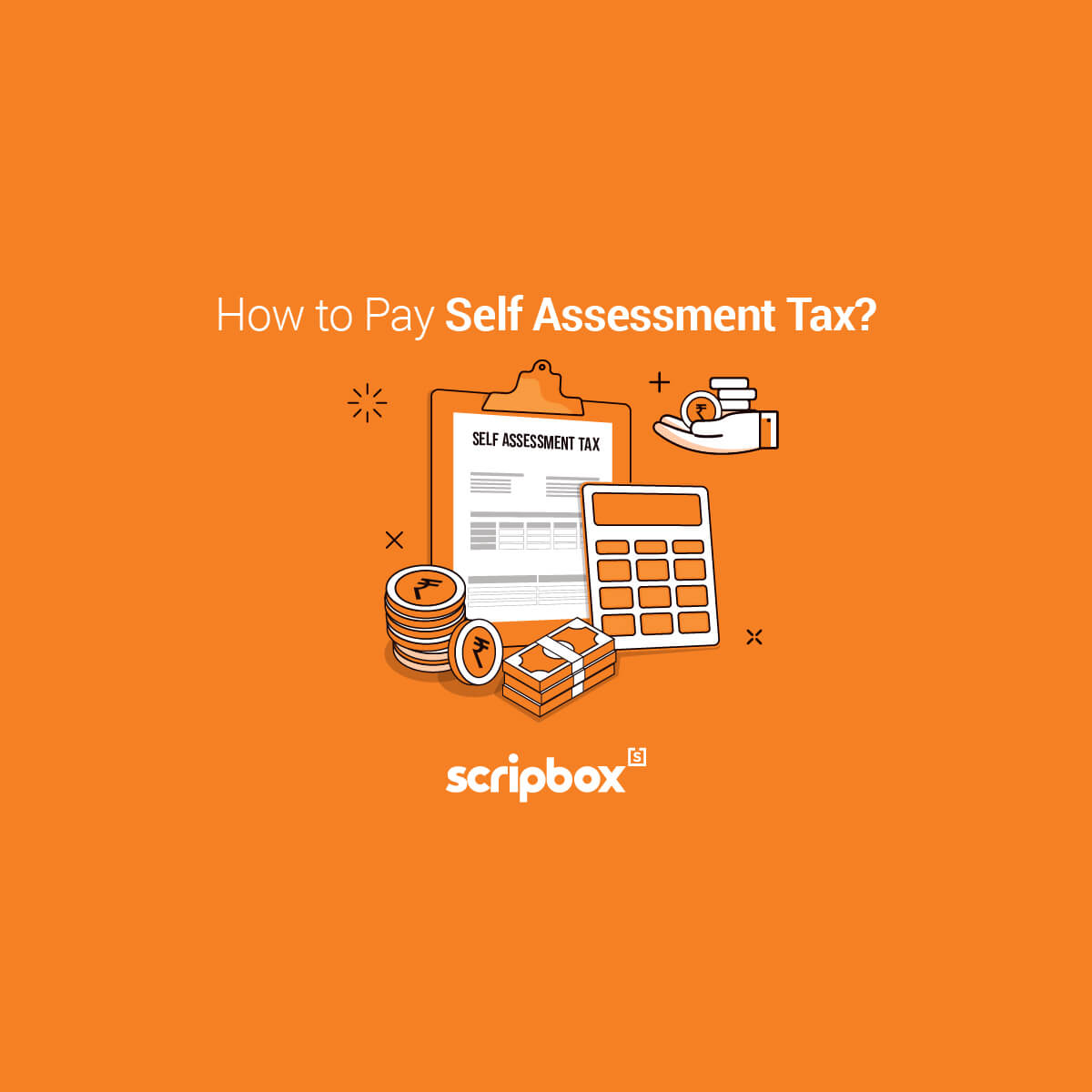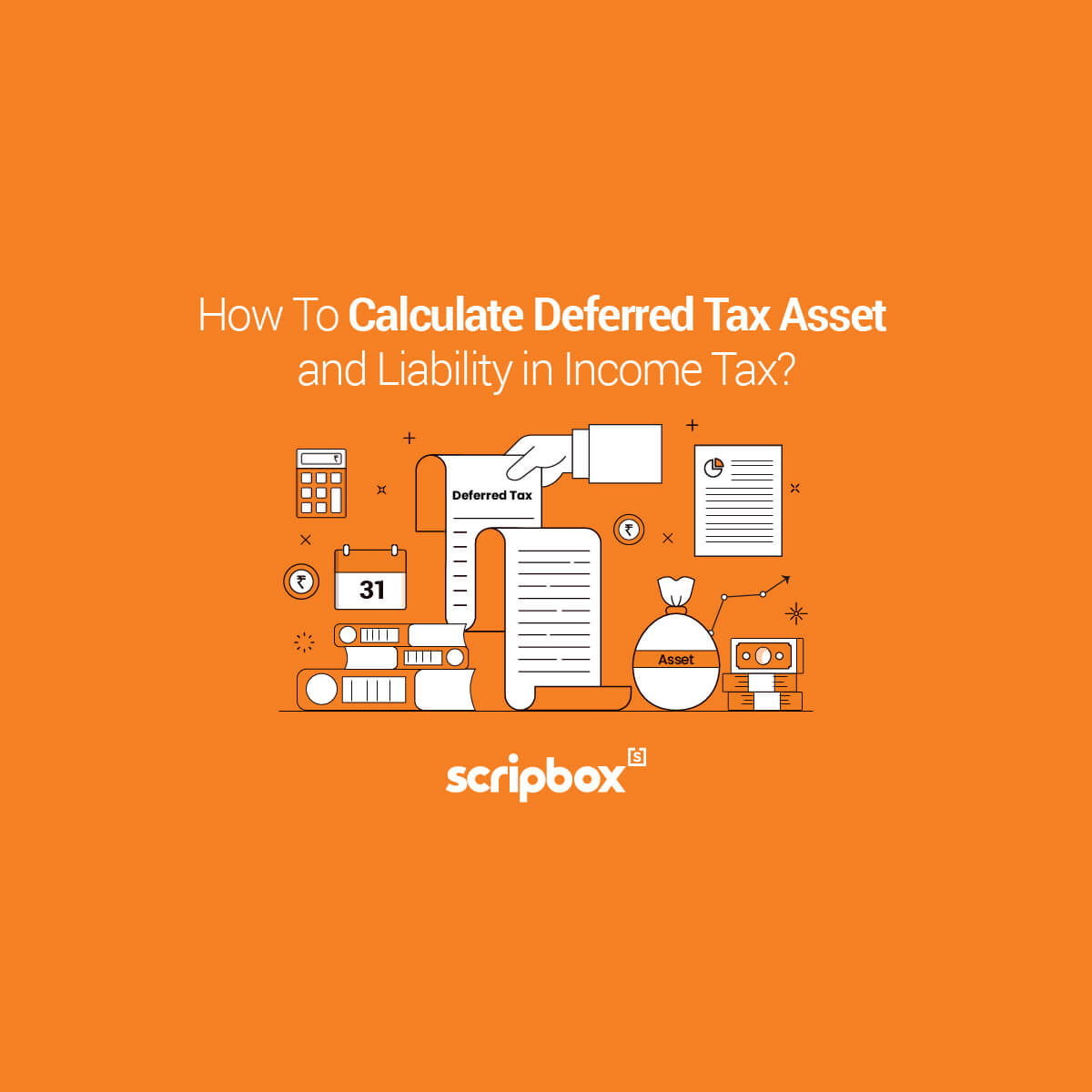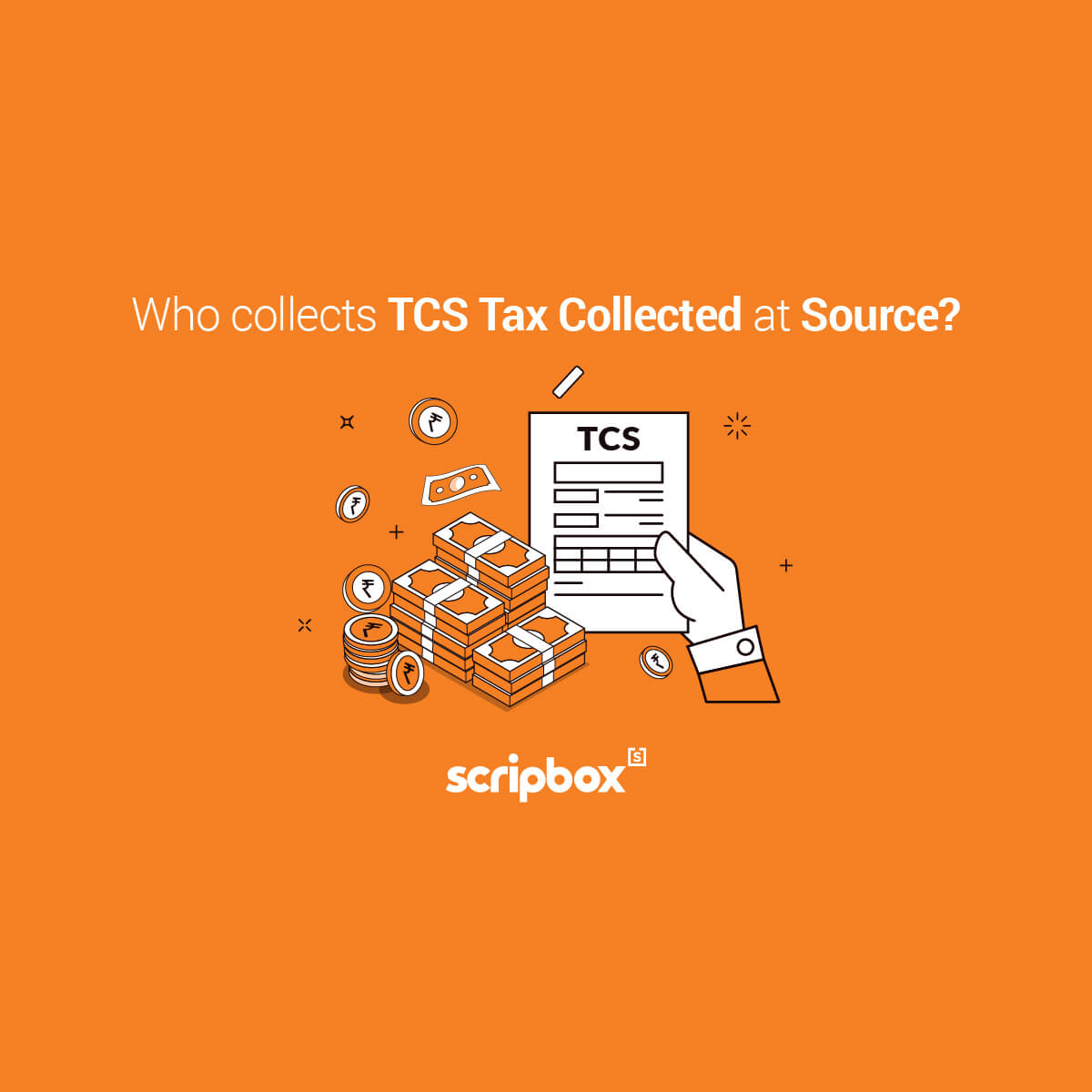What is professional tax?
Professional tax is a tax that a state government levies on any individual who earns income through any medium. Unlike the name suggests, professional tax is not just for professionals but for all individuals. The list includes all kinds of individuals from all professions, trades callings and employments and trades.
The professional tax appears on the deduction side of a payslip. It is around INR 200. However, it varies from state to state. Also, the upper limit has been set to INR 2,500 per annum per individual. It is the maximum amount of professional tax a State Government can levy. Professional tax is deducted under Section 16 (iii) of the Income Tax Act, 1961. According to this section, the professional tax that an employee pays is allowed as a deduction from their gross salary while filing their income tax returns.
P-tax is a State Government tax levied on individuals who earn income from any profession, trade or employment. Not all states levy this tax. Few states that don’t levy this tax are Haryana, Rajasthan and Arunachal Pradesh. Few states that levy this tax are Karnataka, Andhra Pradesh, Madhya Pradesh, West Bengal, Telangana, Maharashtra, Assam, Meghalaya, and Tamil Nadu.
Who levies Professional Tax?
The income tax act comes under the purview of the Central Government. Profession tax comes under the purview of the states. It is a direct tax that states levy on all individuals earning income. Though state governments handle professional tax, not all states charge it from individuals.
According to the Article 246 of the Constitution of India, only Parliament has exclusive rights to make laws with respect to income tax. However, professional tax is one tax that state governments have rights to make laws on. Under Article 276 of the Constitution of India, states can make laws on this state government tax.
Eligibility
Professional Tax applicable to the following:
- An Individual
- Hindu Undivided Family (HUF)
- Company or Firm or Co-operative Society or Association of persons or body of individuals, whether incorporated or not
Owner of a business is responsible for deducting this tax amount from their employees. They are also responsible for paying the collected amount to the relevant government department. Additionally, on the basis of the nature of the business, the tax payments can be monthly, semi-annually or annually.
Furthermore, the professional tax returns have to be filed with the tax departments at the end of the financial year. The filing of P-tax return must be in the pre-described form (along with the proof of tax payment) within the stipulated time. Moreover, if the tax payment proof isn’t attached while filing P-Tax return, the application will be deemed to be invalid or incomplete.
Exemption from Profession Tax
Certain individuals are exempted from this tax under the Professional Tax Rules. Following individuals are exempted from paying this tax:
- Parents whose children have a permanent disability or mental disability.
- Members of the forces as defined in the Air Force Act, 1950, Army Act, 1950, and the Navy Act, 1957. Also includes members of auxiliary forces and serving in the state.
- Workers in the textile industry (Badli workers).
- Individuals who have a permanent physical disability (including blindness).
- Women as an agent under the Director of Small Savings or Mahila Pradhan Kshetriya Bachat Yojana.
- Also, individuals, above the age of 65 years.
Professional Tax Slab
The state government levies professional tax, and hence the rate differs from state to state. Each state has its own laws and regulations to govern professional tax. However, there is a common slab system that is on the basis of the income to levy this tax.
Also, Article 276 of the Constitution empowers the state government to levy professional tax. Article 276 provides a maximum cap of INR 2,500. Hence, beyond this amount, one cannot charge this tax on any individual.
Following are some examples of professional tax charged by different states:
The professional tax levied in Karnataka.
| Monthly Salary (Gross) | Professional Tax per Month |
| Up to INR 15,000 | Nil |
| INR 15,001 and or above | INR 200 |
The professional tax levied in Telangana
| Monthly Salary (Gross) | Professional Tax per Month |
| Up to INR15000 | Nil |
| From INR 15,000 to INR 20,000 | INR 150 |
| Above INR 20,000 | INR 200 |
The professional tax levied in Maharashtra
| Monthly Salary (Gross) | Professional Tax per Month (INR) |
| Up to INR 7,500 for men | Nil |
| Up to INR 10,000 for women | Nil |
| INR 7,500 to INR 10,000 | 175 |
| INR 10,000 and above | 200 (And 300 for February) |
Learn What is Salary Slip?
Who is responsible to collect and pay this tax?
Professional tax is collected by the Commercial Tax Department of respective states on behalf of the municipality corporation.
In the case of employees, the professional tax is collected by the employer. The employer collects and pays the tax to the Commercial Tax Department as per the respective state’s legislation. Additionally, the employer also being an entity running a business will have to pay professional tax. The employer can be a corporate, partnership firm or a sole proprietary. They will have to pay professional tax based on the monetary threshold if any provided by the respective state government.
The employer needs to register themselves and obtain a professional tax registration certificate. This will allow them to pay p tax on their business. They will also need a professional tax enrolment certificate, which will enable them to deduct tax from their employees and pay it to the Commercial Tax Department. If the business needs to operate in several states, then a separate registration is required in each state.
Any person running a freelancing business will also be liable to pay professional tax as per the monetary threshold if any provided by respective states legislation. They will have to register themselves with the state registration and pay tax according to their income threshold.
How to pay Professional Tax Online?
Applicability of professional tax comes under the purview of Goods and Services Tax (GST). The following is a step by step process taxpayers can follow to pay this tax online:
- Visit the state GST’s website and click on the ‘e-Payments’ tab.
- Select the applicable status under the Statutory Order. Then enter the PAN/TAN number along with the captcha image.
- Next, select the applicable option:
- Professional Tax Registration Certificate (PTRC): Applicable for an employer or company
- Professional Tax Enrolment Certificate (PTEC): Applicable for sole proprietors, partnership firms or individuals.
For example, if Mr. Nithin is a registered employer, then he needs to enter the Professional Tax Registration Number. Along with the number he also has to enter the name of the company or firm and the specific office for which he is making the payment (this is in case one has multiple offices across India).
- Firstly, select the financial for which the p tax is due or payable. Next, select the location and amount as per the tax slab rates. Enter the mobile number and ‘Proceed to Payment’.
- Chose mode of payment (debit or credit card or net banking option)
- Lastly, download the acknowledgement receipt (payment challan)
The above step by step process is for online payments. Additionally, taxpayers can also pay the tax directly at the district sales tax office. However, for this, one has to fill all the details in the required form physically and make cash payment.
Moreover, a P-tax payment is important. Therefore, non compliance will attract penalties. Hence, one should make sure that profession tax payment is done on or before the due date.
What are the consequences of violating professional tax regulations?
According to the professional tax regulations, a business must register themselves. Also, all individuals are liable to pay this tax according to their income threshold. Failing to register or pay this tax will attract penalties. Additionally, penalties are levied if one doesn’t pay on time. Moreover, some states charge penalties for non-filing of returns as well. The amount of penalty may differ from state to state.
For example, in Karnataka, the penalty for violating p tax regulations is as follows.
- The fine is INR 1,000 in case an employer doesn’t register
- In case other persons don’t register: INR 500
- In case the returns are not filed: INR 250
- For non-payment by enrolled employer or person: Penalty with an interest of 1.25% per month, and a penalty not exceeding 50% of the tax amount due.
Recommended Read: Corporate Tax in India
Why does this tax differ for every state?
p tax varies from state to state. Therefore, the tax rates are different in different states. Each state has its own regulations and laws governing this tax. However, all states follow a slab system. The slab system is on the basis of income. Therefore, on the basis of the income, the state government levies this tax.
Following are the slab rates for the key states across India:
| State | Gross Salary in INR (per month or annual) | Professional tax payable |
| Maharashtra | 10,000+ (monthly) | INR 200 per month and INR 300 in Feb |
| Karnataka | 15,000+ (monthly) | INR 200 |
| West Bengal | 40,000+ (monthly) | INR 200 |
| Madhya Pradesh | 1.8 lakhs+ (annual) | INR 212 |
| Tamil Nadu | 75,001+ (half yearly) | INR 1095 |
| Andhra Pradesh | 20,000+ (monthly) | INR 200 |
| Gujarat | 12,000+ (monthly) | INR 200 |
| Odisha | 20,000+ (monthly) | INR 200 |
Is professional tax applicable on Union Territories?
Professional tax is not applicable in union territories. This is because they are small regions and the income generation in these places is lower than the states. Hence union territories do not charge this tax from employees. Except for Pondicherry, no other union territory levies this tax.
In Pondicherry, half-year salary up to INR 99,999 is exempt from this tax. The p tax for different income ranges in Pondicherry is given below.
| Income Range (INR) | Professional Tax (INR) |
| 1,00,000 – 2,00,000 | 250 half yearly |
| 2,00,001 – 3,00,000 | 500 half yearly |
| 3,00,001 – 4,00,000 | 750 half yearly |
| 4,00,001 – 5,00,000 | 1,000 half yearly |
| 5,00,001 and above | 1,250 half yearly |
Related Articles
- What is professional tax?
- Confused if your portfolio is performing right enough to meet your goals?
- How long have you been investing in mutual funds?
- What is your current portfolio size?
- What is your approximate annual household income?
- Your profile does not qualify for a call with a Financial Expert.
- Who levies Professional Tax?
- Eligibility
- Exemption from Profession Tax
- Professional Tax Slab
- Who is responsible to collect and pay this tax?
- How to pay Professional Tax Online?
- What are the consequences of violating professional tax regulations?
- Why does this tax differ for every state?
- Is professional tax applicable on Union Territories?























Show comments